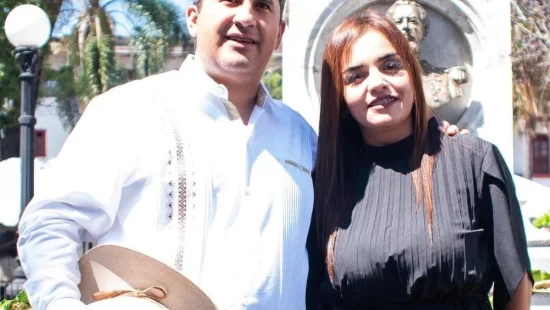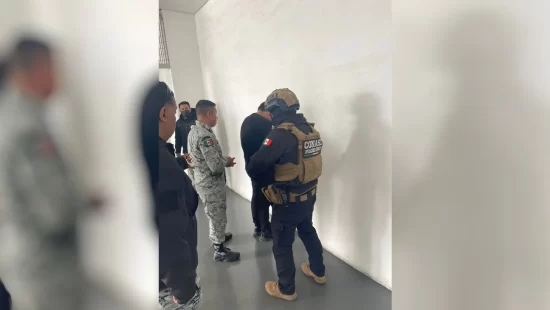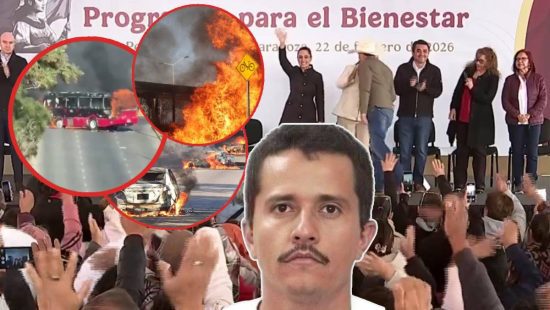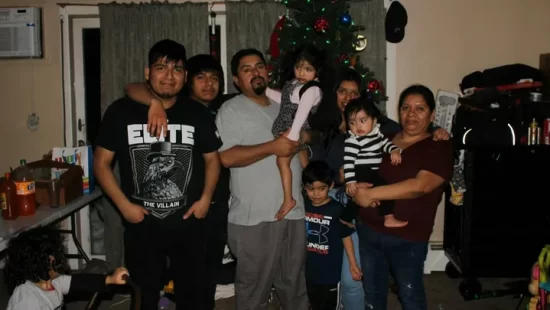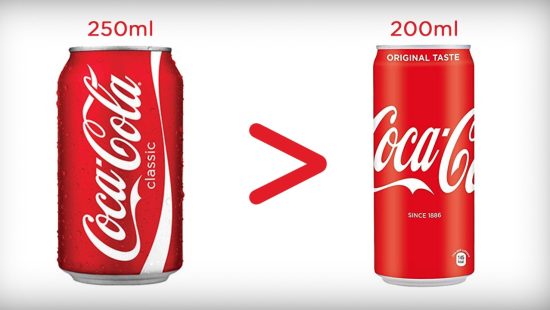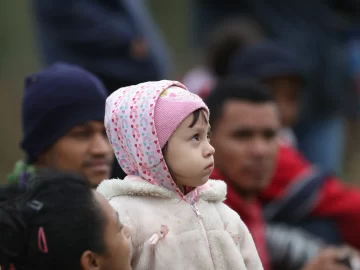This Thursday, thousands of families will look at an empty chair at their dinner table. It belongs to someone who was arrested by ICE, deported, or even killed at the hands of federal agents.
Thanksgiving and immigration: Let’s be honest. One of the questions many families are asking today is: Why give thanks? Is the spirit of Thanksgiving still alive? And if it is, how has it changed?
Recent immigration policies have weakened family unity, separated loved ones, and led to arrests that often feel arbitrary — affecting both noncitizens and U.S. citizens. Thousands have been detained without just cause. Hundreds of ICE agents roam the streets sowing fear, chasing and assaulting people who, because of their skin color or appearance, are assumed to be undocumented.
Never before has a White House pursued policies that so deeply harm its own residents — and even its own communities and institutions. Traditions cannot survive on history alone. If we cannot reaffirm the values that gave rise to Thanksgiving, celebrating it becomes painfully difficult.
This Thursday, thousands of families will look at an empty chair at their dinner table. It belongs to someone who was arrested by ICE, deported, or even killed at the hands of federal agents.
And yet, the community has more to give thanks for than simply health, safety, food, or shelter — for those fortunate enough to have them.
This year, we should give thanks to those who…
Have shared a roof with me
Have provided me with food
Have warned me about raids
Have fought for the community against ICE and other agencies that seek to “disappear” us
Have worked to show that we are not invisible
Show solidarity with undocumented immigrants
Value our work and our contributions to this country
Understand our needs
Stay awake at night worried about those who need help
Dedicate their time to this struggle
To all of them, we must say: Thank you.
Immigrants: Just One Story Among Many
David, a U.S. citizen in Denver, set an empty place at the table for his wife. She was supposed to return from her immigrant visa interview at the U.S. Consulate in Ciudad Juárez. Instead, she was handed a 221(g) refusal and told her case required enhanced security checks under revived 2025 DHS social-media review protocols.
He refreshes the CEAC status page constantly.
Still “Administrative Processing.”
Still no Thanksgiving together.
Still an empty chair.
Across the country — from Los Angeles to Miami, Chicago to Houston, Seattle to Boston, and yes, Cleveland, Columbus, Cincinnati, and Dayton — immigrant families are enduring the most painful Thanksgiving in years.
Since late 2024, and accelerating sharply in 2025, shifts in immigration policy have brought:
Longer marriage-visa processing times
More denials for minor clerical errors
Extended 221(g) administrative processing
A surge in I-130 Requests for Evidence (RFEs)
More aggressive I-751 marriage-fraud scrutiny
Tighter ESTA and visa revocations for minor violations
Expanded ICE targeted enforcement
Stricter “public charge” standards
Intensive social-media vetting before visa approval
This is the reality immigrants face during the most family-centered holiday of the year.
Where Is Vicente Ventura Aguilar? After an ICE Arrest, He Has Vanished

